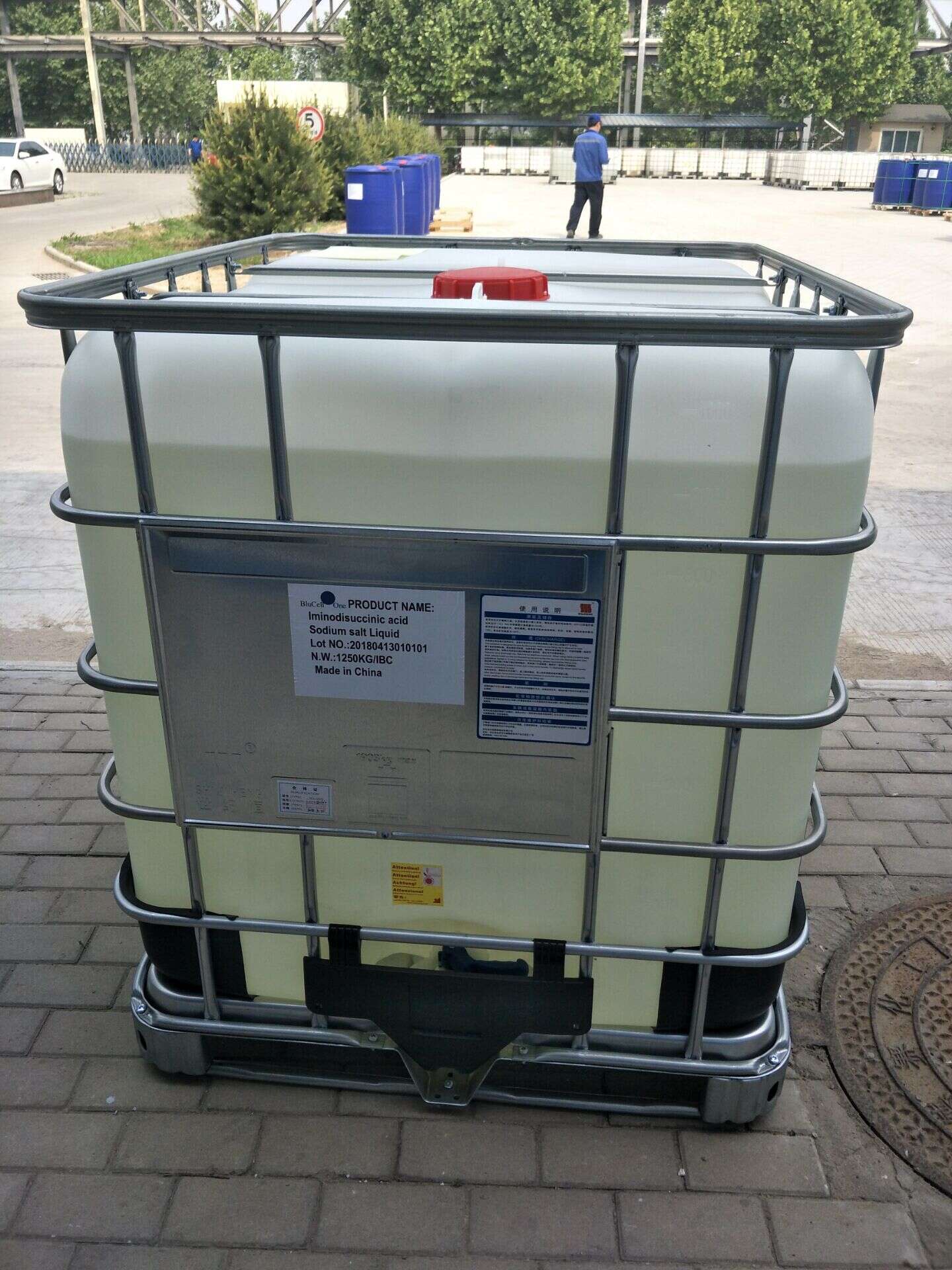-
Categories
-
Pharmaceutical Intermediates
-
Active Pharmaceutical Ingredients
-
Food Additives
- Industrial Coatings
- Agrochemicals
- Dyes and Pigments
- Surfactant
- Flavors and Fragrances
- Chemical Reagents
- Catalyst and Auxiliary
- Natural Products
- Inorganic Chemistry
-
Organic Chemistry
-
Biochemical Engineering
- Analytical Chemistry
-
Cosmetic Ingredient
- Water Treatment Chemical
-
Pharmaceutical Intermediates
Promotion
ECHEMI Mall
Wholesale
Weekly Price
Exhibition
News
-
Trade Service
The Peruvian government recently adopted Supreme Decree No.
080-2020-PCM, authorizing mining operators to resume production and operation activities
from May 2, 2020.
Under the decree, miners were allowed to mine, refine, store and transport minerals and metals, and to continue construction projects and mine closures
.
Due to the covid-19 pandemic, the South American country stopped industrial activity
in mid-March.
Recovery operations will proceed gradually, with the first phase commencing in May and full recovery
scheduled for August.
During this initial resumption of production, the company is obliged to implement strict health and safety protocols to prevent the spread of
infection.
Health authorities will conduct regular inspections at factories and mine sites to monitor compliance
.
In addition to mining, which accounts for 60% of all Peruvian exports, suppliers to the industrial fisheries, the agricultural sector and sectors such as the chemical, metal, forestry, paper, glass industry exports are allowed to restart
.
In addition to Peru, Bolivian Minister of Mines Carlos Huallpa also revealed that an inter-ministerial government resolution has been approved to allow private, state-owned and cooperative mining operations to resume their activities
as of May 2, 2020.
In order to resume production, companies must send a request to the Ministry of Health to seek permission and submit a health and safety plan to prevent the spread
of COVID-19.
According to Huallpa, the government stipulates that at least all establishments must install disinfection rooms and be equipped with enough thermometers to check the temperature
of workers.
Huallpa also said mobile hospitals with triage units must be set up and staff tested
for potential diseases.
In addition to being an important producer of zinc, gold and silver, Bolivia is also part of the so-called "lithium triangle" production base
along with Chile and Argentina.
The U.
S.
Geological Survey estimates that Bolivia has 9 million tons of identified lithium resources buried beneath
its salt formations.
The Peruvian government recently adopted Supreme Decree No.
080-2020-PCM, authorizing mining operators to resume production and operation activities
from May 2, 2020.
Under the decree, miners were allowed to mine, refine, store and transport minerals and metals, and to continue construction projects and mine closures
.
Due to the covid-19 pandemic, the South American country stopped industrial activity
in mid-March.
Recovery operations will proceed gradually, with the first phase commencing in May and full recovery
scheduled for August.
During this initial resumption of production, the company is obliged to implement strict health and safety protocols to prevent the spread of
infection.
Health authorities will conduct regular inspections at factories and mine sites to monitor compliance
.
In addition to mining, which accounts for 60% of all Peruvian exports, suppliers to the industrial fisheries, the agricultural sector and sectors such as the chemical, metal, forestry, paper, glass industry exports are allowed to restart
.
In addition to Peru, Bolivian Minister of Mines Carlos Huallpa also revealed that an inter-ministerial government resolution has been approved to allow private, state-owned and cooperative mining operations to resume their activities
as of May 2, 2020.
In order to resume production, companies must send a request to the Ministry of Health to seek permission and submit a health and safety plan to prevent the spread
of COVID-19.
According to Huallpa, the government stipulates that at least all establishments must install disinfection rooms and be equipped with enough thermometers to check the temperature
of workers.
Huallpa also said mobile hospitals with triage units must be set up and staff tested
for potential diseases.
In addition to being an important producer of zinc, gold and silver, Bolivia is also part of the so-called "lithium triangle" production base
along with Chile and Argentina.
The U.
S.
Geological Survey estimates that Bolivia has 9 million tons of identified lithium resources buried beneath
its salt formations.






